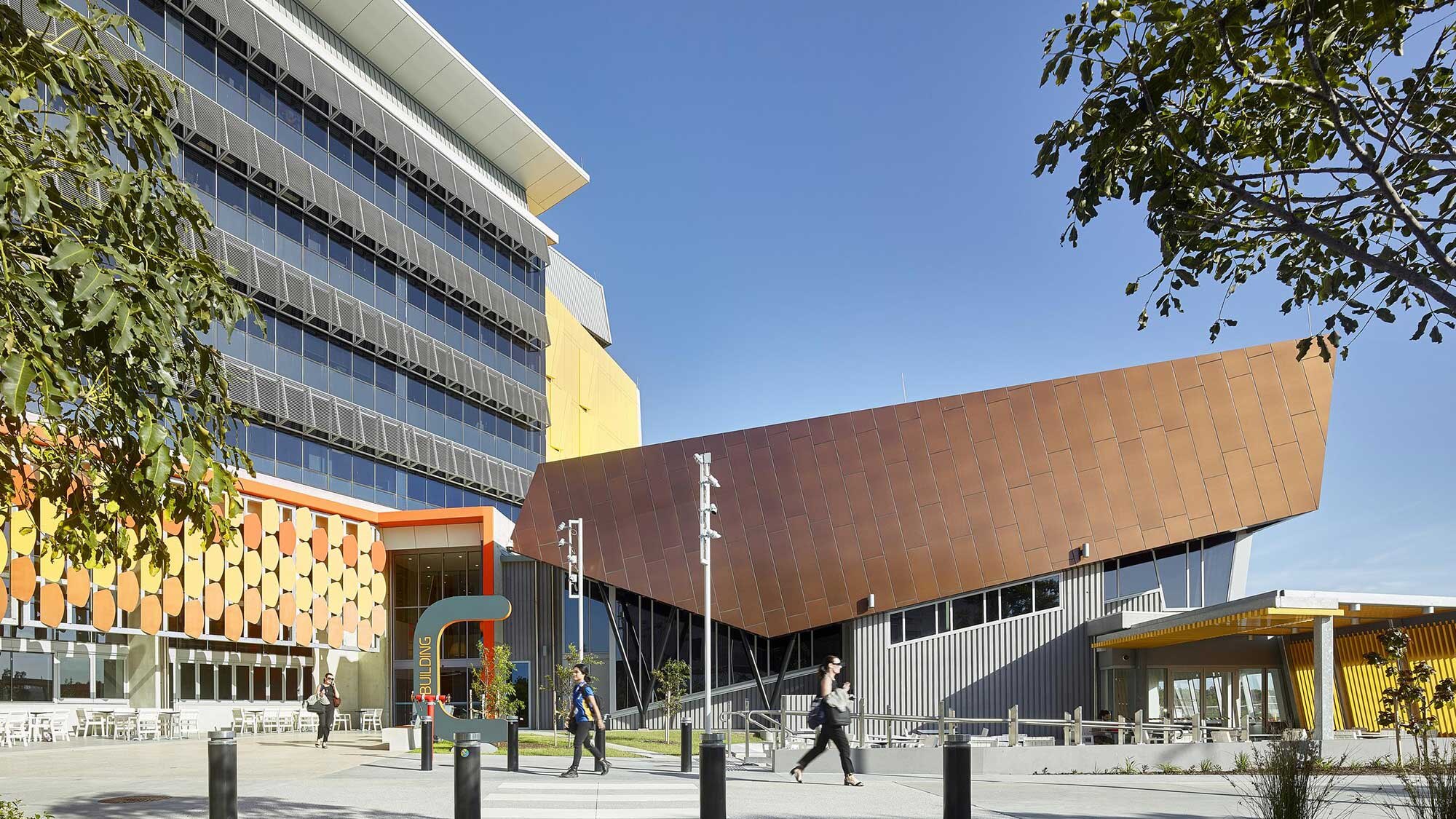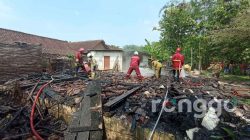The Crisis in Early Childhood Education: A System in Disarray
Australia is facing a growing crisis in early childhood education, with thousands of students being fast-tracked into qualifications that are compromising safety standards. Experts warn that the rush to meet workforce demands has led to a significant decline in the quality of training and oversight.
Fast-Track Courses and Visa Pathways
Some of these courses are being used as visa pathways, with some stripped of substance or even entirely fake. Education providers are capitalizing on this by producing tens of thousands of students—some with no prior childcare experience—who are being pushed into centres with minimal oversight. This trend has raised concerns about the safety and well-being of children in care.
Regulatory documents have revealed widespread gaps in basic care practices. Educators are not always understanding child protection policies, mandatory reporting duties, or safe sleep and hygiene practices. Some staff are failing to report serious incidents due to a lack of understanding of their responsibilities.
The arrest of Melbourne childcare worker Joshua Dale Brown, charged with over 70 child abuse offences involving children as young as five months, triggered emergency talks and promises of urgent reform from state and federal governments. However, behind these announcements lies a structural problem: the training system for early childhood educators is failing.
A Growing Demand and a Shortage of Workers
With more than 21,000 educators needed and one in four current workers planning to leave the sector, some universities and colleges have seized on the labour shortage and recent changes to Australia’s migration rules, which now include childcare as a pathway for permanent residency.
In the rush, quality has been sacrificed. Many institutions are offering fast-track courses that require little to no prior experience. Southern Cross University (SCU), for example, has seen a surge in enrollment for its 10-month graduate diploma in early education, marketed as a shortcut to becoming a qualified teacher. At $25,000 per student, this course has generated around $150 million in fees.
The majority of these students are international, including men in their 40s and 50s with backgrounds in fields like IT, engineering, and finance. Many are not genuinely interested in working in childcare but are using the course as a pathway to permanent residency.
Concerns Over Quality and Safety
Immigration expert Mark Glazbrook said the surge in fast-track courses was deeply concerning. He warned that many students are not genuine in their desire to work in the childcare sector and may not even attend classes. This has led to a boom in low-quality and sometimes fake qualifications.
Last year, the national vocational regulator ASQA revoked over 21,000 certificates, including nearly 2,000 in childcare, after finding four private colleges had issued fraudulent paperwork. There are concerns that many education providers are set up to deliver worthless courses.
Educators, experts, and parents say the consequences of substandard training are evident in childcare centres across the country, from poor supervision to unsafe practices and serious breaches in care. Some SCU students have been terminated or asked to leave by various centres due to incidents such as falling asleep during shifts, ignoring distressed children, and engaging in inappropriate physical contact.
Placing Students in Risky Environments
Leaked emails and whistleblower testimony reveal how SCU enrolled so many students in the past two years that it struggled to find enough childcare placements for students, which is a compulsory component of the course. Staff were told to cold-call childcare centres and read from a script to secure placements.
Some students were placed in centres that are failing to meet minimum national quality standards. One example is a centre in NSW rated “significant improvement required,” the lowest of all quality ratings and a red flag risk for child safety. Marianne Fenech, a professor of early childhood education at the University of Sydney, said placing students in such centres was unacceptable.
A Broken System and the Cost to Children
Whistleblowers say fast-track courses are a symptom of a broken system. “It’s not about whether it’s a good learning environment, it’s about getting them through,” one said. “And the question nobody is asking is: what’s this doing to the kids?”
Professor Fenech noted a dramatic shift from four-year undergraduate programs to one-year graduate diplomas, with many run by private colleges. She expressed concern about the decline in education quality and warned that employers of high-quality childcare services are seeing a drop in the quality of graduates.
Former educator Lynette Rieck, now a trainer and assessor, agrees. She has worked in childcare for 35 years and says the quality of graduates and educators has never been lower. “The only way we’re going to get enough educators through is by dropping the standards,” she said. “But the people who pay the price are the children.”
Tragedies and Calls for Reform
The consequences of poor quality education can be devastating. In July 2018, Jozef Maragol’s 16-month-old daughter, Arianna, was found unresponsive at a Sydney childcare centre. The incident led to her death, and Mr. Maragol believes poorly trained staff contributed to the tragedy.
He argues that the system needs an overhaul to ensure children are safe in childcare centres. “We need early learning environments that are going to give children the foundation for success in life that they need,” Professor Fenech said.
As the sector struggles to fill tens of thousands of vacancies, experts say Australia is at a tipping point. While there are good educators, good students, and good childcare centres, they are being let down by a broken system.
Ongoing Investigations and Future Outlook
Southern Cross University declined to comment on the issues raised, stating that its graduate diploma is a “rigorous, high-quality program” and fully accredited. However, TEQSA has launched a probe into the university following complaints from staff and students.
Experts agree that without significant reforms, the risks to children will continue to grow. “I believe in children’s rights to a quality early childhood education,” Professor Fenech said. “I’ve read the evidence about how critical those early years are. I’ve seen for too long things going wrong.”







